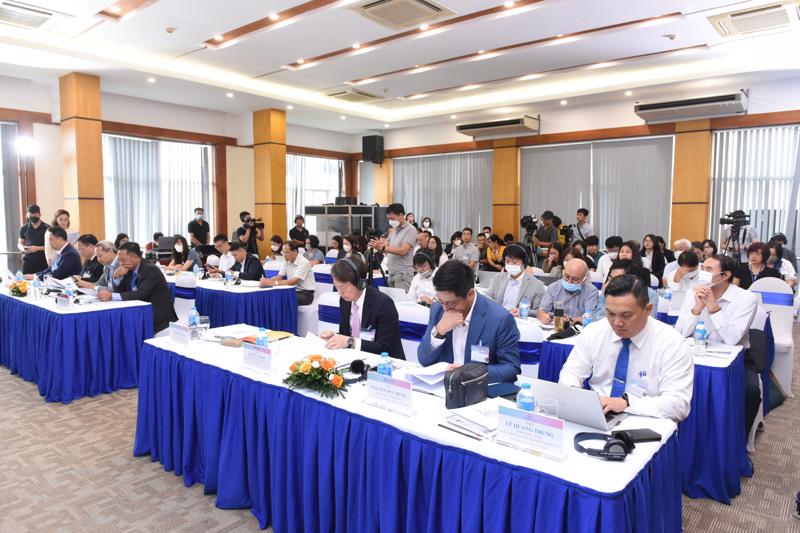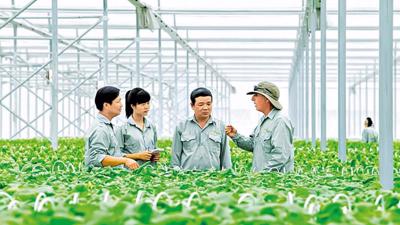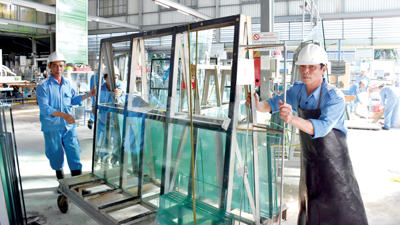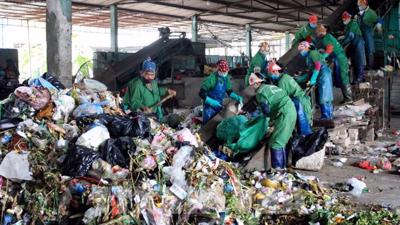Oil prices shaped by many factors
Prices of oil, gas, and related products in Vietnam are influenced by both domestic and external conditions.

Oil prices in Vietnam are affected by global prices and State policies, analysts said at a roundtable entitled “Oil price outlook and sharing experiences for sustainable development” held in Hanoi on September 8.
Compared to the beginning of the year, oil prices are now heading downwards, according to Mr. Luong Van Khoi, Vice President of the National Center for Socio-economic Information and Forecast (NCIF) at the Ministry of Planning and Investment. He said the main factors affecting oil prices are oil supply, the situation in major economies such as Russia, the US, and China, geopolitical factors, and fluctuations in currencies. While a range of factors will make oil prices either go up or down, in general, to the end of 2022, the oil price will be maintained at the same level or increase only slightly. In 2023, prices may decrease but will remain at a level higher than prior to the Russian - Ukraine conflict.
Meanwhile, Mr. Nguyen Duc Dung, Deputy General Director at Mercantile Exchange of Vietnam (MXV), said that analysts believe the oil price will increase but not surpass $120 a barrel or go under $60. “The world oil price could be between $60 and $90 in the fourth quarter,” Mr. Dung said.
Mr. Kenya Maeda, Senior Executive Officer of Integrated Supply & Trading Crude & Global Business at the Idemitsu Kosan Company, told the roundtable that, generally, the oil price will go up. He also noted that since Vietnam is an oil and petrol importer, it will be heavily impacted if the oil price exceeds $100 a barrel.
Certain factors need to be considered to stabilize the oil market, for example reserves, fiscal policies, and market openness, Mr. Bui Bao Ngoc, President of the Vietnam Petroleum Association (VINPA), said. He added that Vietnam has different conditions that need to be taken into account. “Discretion from policymakers is needed to meet actual market needs,” he said.
Analysts at the roundtable also discussed the role of fuels in sustainable development. Speakers offered many practical solutions and useful suggestions to overcome the immediate difficulties and stabilize production and business activities towards sustainable development. Proposals were aimed at contributing to a green energy transition to strengthen Vietnam’s energy security.
“Energy transition is short term and mechanical, in which the foundation is to consume less energy and be greener, thus achieving the ultimate goal of reducing emissions,” said Mr. Phan Duc Hieu, Standing Member of the Economic Committee of the National Assembly.







